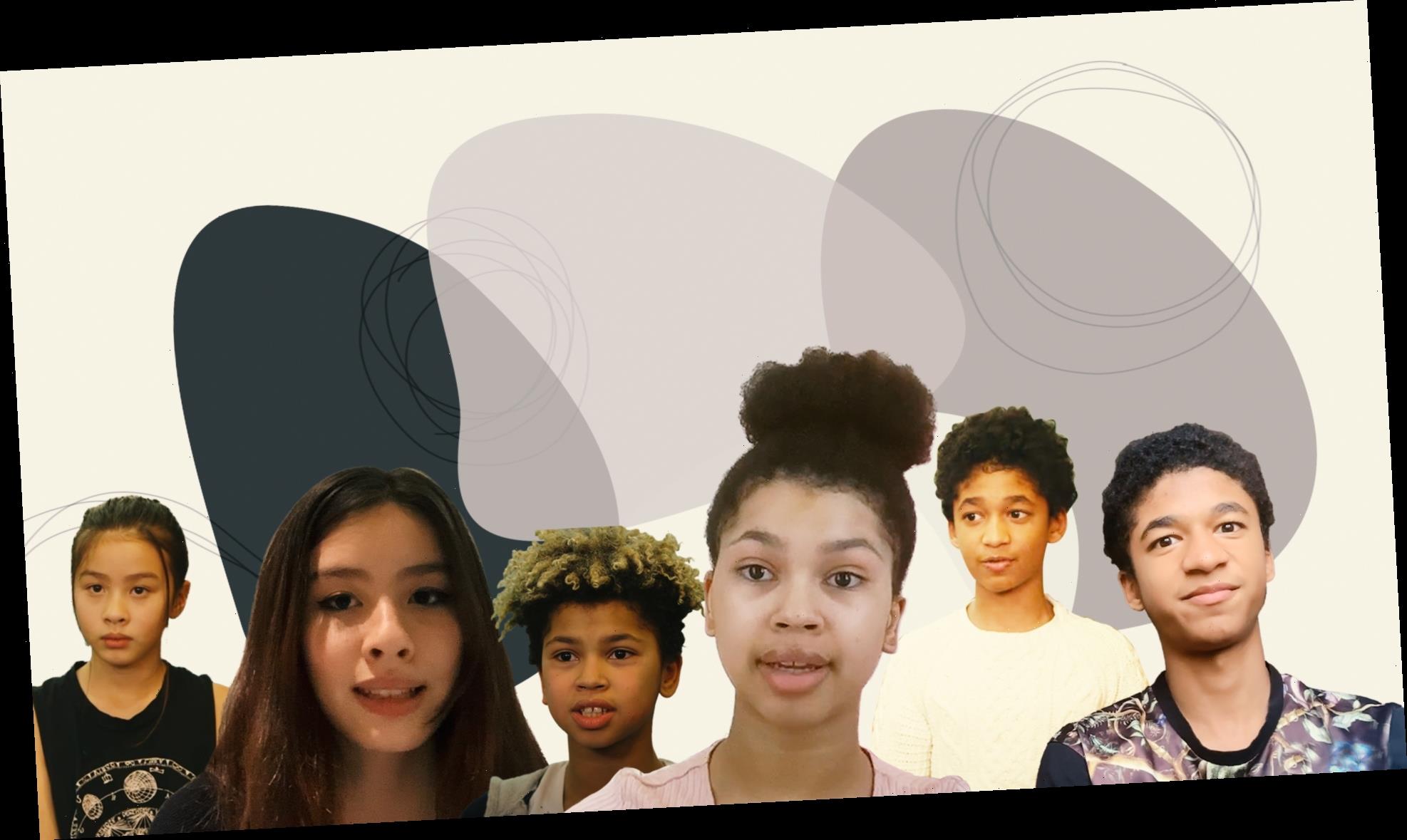Our nation is reeling from the May 25th death of George Floyd, a Black man who was killed while in police custody in Minneapolis. We’ve watched video footage of him being pinned down by police officers, one of whom held his knee on Floyd’s neck for eight minutes and 46 seconds. We heard Floyd call for help. We watched him lose consciousness.
And so many of us are mourning, and so many of us are deeply angry and confused, because our nation has been here before — so many times. As parents, we struggle with how to explain these tragic events and the cultural plague of racism to our kids. And our kids? They often know more than we think.
In January 2016, SheKnows interviewed 12 kids on the importance of the Black Lives Matter movement. It was two years after the deaths of Tamir Rice, 12, and Michael Brown, 18. It was also two years after the death of Eric Garner, whose “I can’t breathe” plea would be tragically repeated. And it was six months before Philando Castile would also lose his life at the hands of Minnesota police.
At the tender ages of 8 to 11, our “Hatch Kids” were hopeful: “I believe that everyone is a leader of the civil rights movement today,” said 10-year-old Juno, “if you want to make a change and you’re trying to make the change.” Gabrielle, 10, added, “What I know about Black Lives Matter is that there’s a group of people who are really trying to change the world and make it better.”
They were also well-informed — and yet a little unsure why this was a battle we were still fighting in our country in 2016. “We fought a war over this,” Jojo, 11, said emphatically. “Like, why do we still have this?” And Sabine, 10, was quietly prophetic when she told us, “If people don’t want to try and change and they don’t make an effort to be a better person, then I’m scared of what our future’s going to be like.”
Indeed. Fast forward to today, four years later, and we revisited many of these same kids to get their thoughts on what has — or more accurately, hasn’t — changed in the raw wake of Floyd’s death, and what Black Lives Matter means to them. And their loss of innocence is both eye-opening and heartbreaking.
“To me, Black Lives Matter means that Black people matter and their lives matter, and Black people should be treated as human beings with value — because a lot of the time we’re not treated that way,” Zaki, 15 said.
“BLM is a reminder that I’m appreciated, and I matter, ‘Juno, 14, told us. “Because as a Black person, I’m constantly made to feel like I don’t.”
Our teens are protesting — or not, depending on their and their parents’ comfort levels — and wondering what comes next. They’re angry about the lack of progress.
“There needs to be some real action that is taking place because I’m sick of watching my community members die on the streets,” Gabrielle, 14, says.
For some, they’re also coming to terms with their own need to continue evolving. “I realized that I didn’t really speak at all,” Reed, 14, says, “and I think I just remember being so nervous that I was going to say something wrong or something that didn’t make sense.” She continues, “I think being comfortable is a luxury. And so we need to put ourselves into uncomfortable situations to get things changed.”
Adds Skye, 15: “As a white person, I still have so much more to learn, so much farther to go. I don’t think I’m ever going to be done evolving on that topic.”
So don’t come at today’s kids with “all lives matter” and don’t try to shield them from what’s going on, because they’re already so, so far ahead of many of us in their knowledge and their desire to foment change. Says Zaki: “Yeah, it sucks that this is going on right now, but it really pales in comparison to the centuries of violence that Black people have endured.”
Source: Read Full Article

